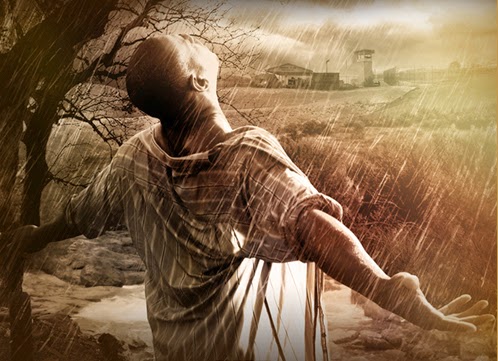Free Will, the Nous and Divine Judgment: A Critical Analysis of Three Visions of Universalism — by Brad Jersak
I’ll say it again at the outset. I’m not a universalist.
But some of my friends are … some of my evangelical friends, some of my Orthodox friends. So I ask them questions about that. This is not flirting (as Lewis and Barth were accused of), but simply being fair. In the name of ‘discernment,’ I’ve encountered a LOT of name-calling, dismissiveness, intentional misrepresentation and caricaturing. “Earth to Matilda!” – that’s not discernment. We can and must do better than that. Surely we could at least build bridges (from both ends of the chasm!) long enough so that listening could displace lobbing.
But some of my friends are … some of my evangelical friends, some of my Orthodox friends. So I ask them questions about that. This is not flirting (as Lewis and Barth were accused of), but simply being fair. In the name of ‘discernment,’ I’ve encountered a LOT of name-calling, dismissiveness, intentional misrepresentation and caricaturing. “Earth to Matilda!” – that’s not discernment. We can and must do better than that. Surely we could at least build bridges (from both ends of the chasm!) long enough so that listening could displace lobbing.
In this article, I’m trying to address fairly and critique carefully three brands of universalism, which I’ll call popular universalism, Reformed universalism and apokatastasis. Although I personally self-identify as a ‘hopeful inclusivist’ (cf. Kallistos Ware and Hans Urs Von Balthasar), I think it’s important to fairly distinguish and assess these points on the universalist spectrum, for they represent quite a broad range and some extremely different convictions about Christ, redemption and human response.
It’s also an important exercise for me: can I fairly represent a view to which I don’t hold with both enough charity and accuracy such that the universalist (in this case), can say, “Yes, that was fair.” Or at least, “not exactly, let me explain.”











 Plain Truth Ministries | Box 300 | Pasadena, CA 91129-0300
Plain Truth Ministries | Box 300 | Pasadena, CA 91129-0300

